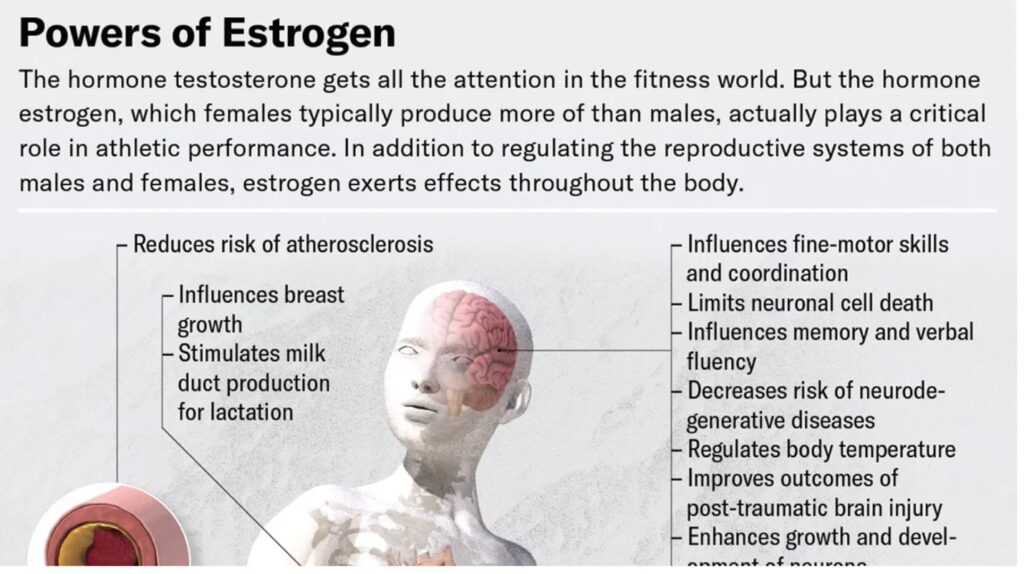A recent CRRC/NDI survey asked whether the dissolution of the Soviet Union was a good or bad thing for Georgia. People’s responses were split almost evenly: 48% reported that the dissolution was a good thing, whereas 42% said it was a bad thing for the country. Such a close split raised questions in the media about why people took one view or another.
While it is tempting to explain assessments of a past event, such as the dissolution of the Soviet Union, using people’s attitudes towards foreign policy issues, this blog post only looks at respondents’ socio-demographic and economic characteristics and some reported behaviors that could potentially shape their attitudes. Specifically, we look at the impact of gender, age, education, ability to speak English and Russian, frequency of internet use, settlement type and the number of durable goods a household possesses, out of the ten durables the survey asked about: a refrigerator, color TV, smartphone, tablet computer, car, air conditioner, automatic washing machine, personal computer, hot water, and central heating. We interpret the number of durables owned as a measure of the households’ economic status. Surely, this measure is not perfect and gives us only partial information about the household’s economic conditions. However, this is the best available measure from this particular survey, provided that many people do not like reporting their income or expenditures, or do not provide accurate information on these.
The chart below shows the results of a logistic regression model which predicts the odds of a respondent saying that the dissolution of the Soviet Union was a good thing for Georgia. The dots on the chart indicate point estimates for each independent variable, and the lines show 95% confidence intervals. If a line does not cross the vertical red line, we are 95% confident that the variable has an impact on the dependent variable, i.e. the belief that the dissolution of the Soviet Union was a good thing for Georgia. The further a horizontal line from the vertical red line, the larger the effect of the variable.
The model shows that gender and the ability to speak either English or Russian do not influence people’s assessments of the dissolution of the Soviet Union. As one might expect, age has a significant, negative impact: the older a person is, the lower is the probability that s/he will express a positive attitude towards the dissolution of the USSR. Education, frequency of internet use and possession of durables have the opposite impact: people with tertiary education are more likely to assess the dissolution positively than people with less than tertiary education. Likewise, people, who use the internet at least once a week assess the dissolution more positively than people who use the internet less often or never. Also, the more durables a household owns, the higher the probability of assessing the dissolution of the Soviet Union as a positive event for Georgia.
As expected, settlement type also matters: the chart shows the effect of living in Tbilisi, other large towns, predominantly Georgian-speaking rural settlements and ethnic minority settlements, which are compared to small towns – the reference category. Large towns include six cities with more than 40 thousand people, whereas smaller urban settlements are grouped into a small town category. We define an ethnic minority settlement as a location in which 40% or more of the inhabitants are ethnic minorities. Normally, these are towns and villages with large Armenian or Azerbaijani populations in the Kvemo Kartli, Samtskhe-Javakheti and Kakheti regions.
While residents of large towns and rural settlements have similar opinions about the dissolution of the Soviet Union as residents of small towns, Tbilisi residents are more likely to assess the dissolution positively. In contrast, those living in minority settlements tend to assess the dissolution negatively.
Based on the above, we conclude that age, education, frequency of internet use, possession of durables and settlement type influence an individual’s assessment of the dissolution of the Soviet Union. As a next step, we tested whether age, education, frequency of internet use, and possession of durables influence individuals’ attitudes differently in different settlement types.
The analysis shows that the impact of age, education and internet usage does not vary by settlement type. However, we observe a very different picture in the case of household possessions: possessing more durables increases the probability of positive assessment of the dissolution of the USSR in all settlement types except for (non-minority) villages and small towns. Its impact is largest, however, for residents of ethnic minority settlements. If an individual living in such a settlement has no durables, his or her probability of assessing the dissolution of the Soviet Union positively is below 20%. However, as the number of durables in the household increases, the probability of a positive assessment increases nearly linearly, and exceeds 60% when the household owns all ten items asked about on the survey.
Hence, we conclude that age, education, settlement type, and economic conditions significantly influence people’s assessments of the dissolution of the Soviet Union. The impact of a household’s economic situation is largest in ethnic minority settlements. Therefore, economic deprivation, arguably caused by and interrelated with a number of other factors, seems to be the most important driver of negative assessments of the dissolution, rather than minority status per se.
To have a closer look at the CRRC/NDI data, visit CRRC’s Online Data Analysis tool.









